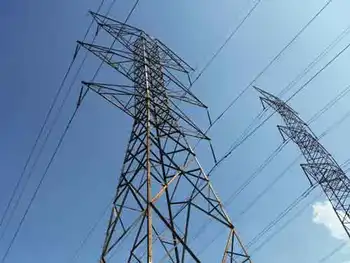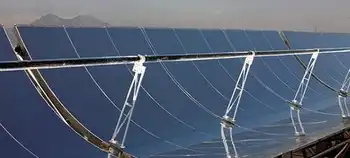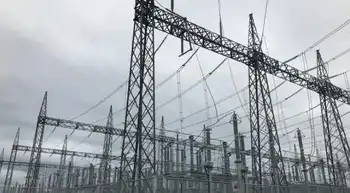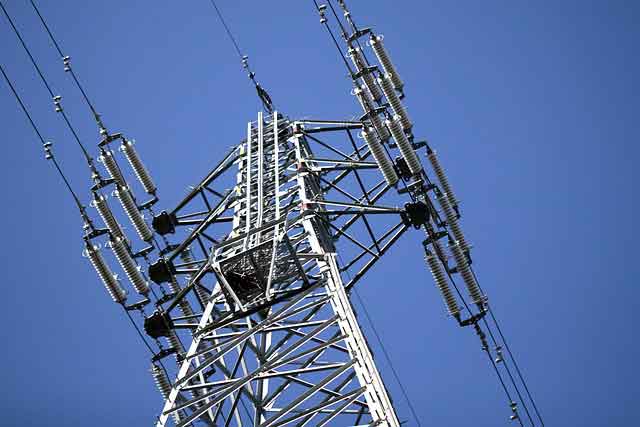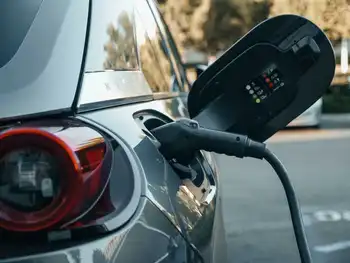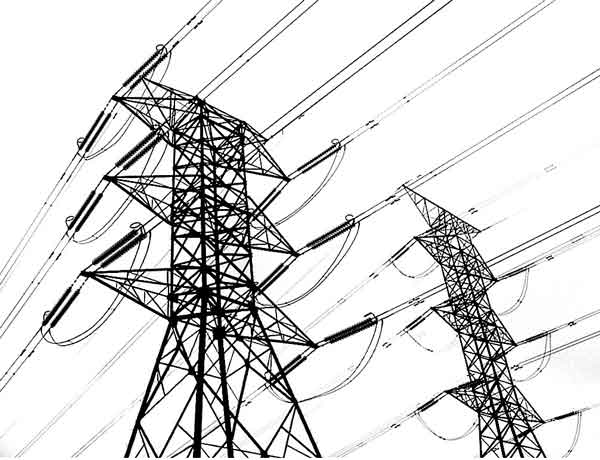NM regulators hear greenhouse gas debate
By Associated Press
CSA Z463 Electrical Maintenance -
Our customized live online or in‑person group training can be delivered to your staff at your location.

- Live Online
- 6 hours Instructor-led
- Group Training Available
Steve Michel, chief counsel for Western Resource Advocates' energy program, testified on behalf of a petition filed earlier this year by the environmental group New Energy Economy. The petition asks the state Environmental Improvement Board to adopt regulations that would force large polluters to reduce their greenhouse gas emissions by 3 percent per year from 2010 levels.
"It is imperative that New Mexico step forward and begin to regulate greenhouse gases. Frankly, we must all act as fast as we can, as significantly as we can, everywhere we can, if we have any hope of solving this problem," Michel told the board.
Michel estimated the cost of complying with the proposed regulations would add less than 1 percent each year to electric prices and a fraction of 1 percent to oil and gas commodities. He said the proposal includes a limit on the amount companies would be required to spend to control emissions.
The petition, which has been revamped since first being proposed, would apply only to electricity generators and those in the oil and gas industry that emit more than 25,000 metric tons per year. It also includes provisions for offsets and banking of emissions credits from other sources not covered by the proposed rules.
The debate over state regulation of greenhouse gas emissions has been brewing for more than a year, with supporters arguing that New Mexico needs to act because federal legislation addressing greenhouse gas emissions and climate change has stalled.
Critics, including New Mexico's utilities and other businesses, say a New Mexico-only emissions cap would not solve what they consider to be a global problem. They also contend that a cap applying only to New Mexico businesses would put the state at a disadvantage and lead to higher costs for New Mexicans.
Testimony and cross examination dragged on, with an army of attorneys questioning Michel's expertise. He was grilled about wind and solar technologies and whether he could provide examples of climate change.
Michel said combating climate change "is likely to be the greatest challenge we will face in our lifetimes" and acknowledged that New Mexico alone will not be able to solve the problem. However, he said establishing a cap in New Mexico could prompt other states and the federal government to take action.
"We can't wait. The longer we wait, the more behind we get," he said.
The Public Service Company of New Mexico, the state's largest utility, and Tri-State Generation and Transmission Association, which serves many of the state's rural customers, argue that a federal policy would be best. They also say technology for controlling greenhouse gas emissions in a cost-effective way is still being developed.
"We understand that we need to be able to manage the risks that regulation on greenhouse gas could bring to our consumers. Technology is the key to all of that," said Tri-State spokesman Lee Boughey. "We don't have the technologies available to us and yet policies come into place and we can't affordably address those."
Tri-State would be forced to reduce emissions by 24 percent over the next decade if the proposal is adopted. Without guessing at the price tag, Boughey called it "a significant endeavor."
Boughey said Tri-State is not ignoring the emissions problem. The utility has developed a greenhouse gas management roadmap and is involved in research projects aimed at making operations cleaner and more efficient — for example, a carbon sequestration project in Colorado and a pair of solar projects in New Mexico.
"We're going about this in a very pragmatic and deliberate way so we can address the issue but also protect affordability and protect the reliability of our electric system," he said.





